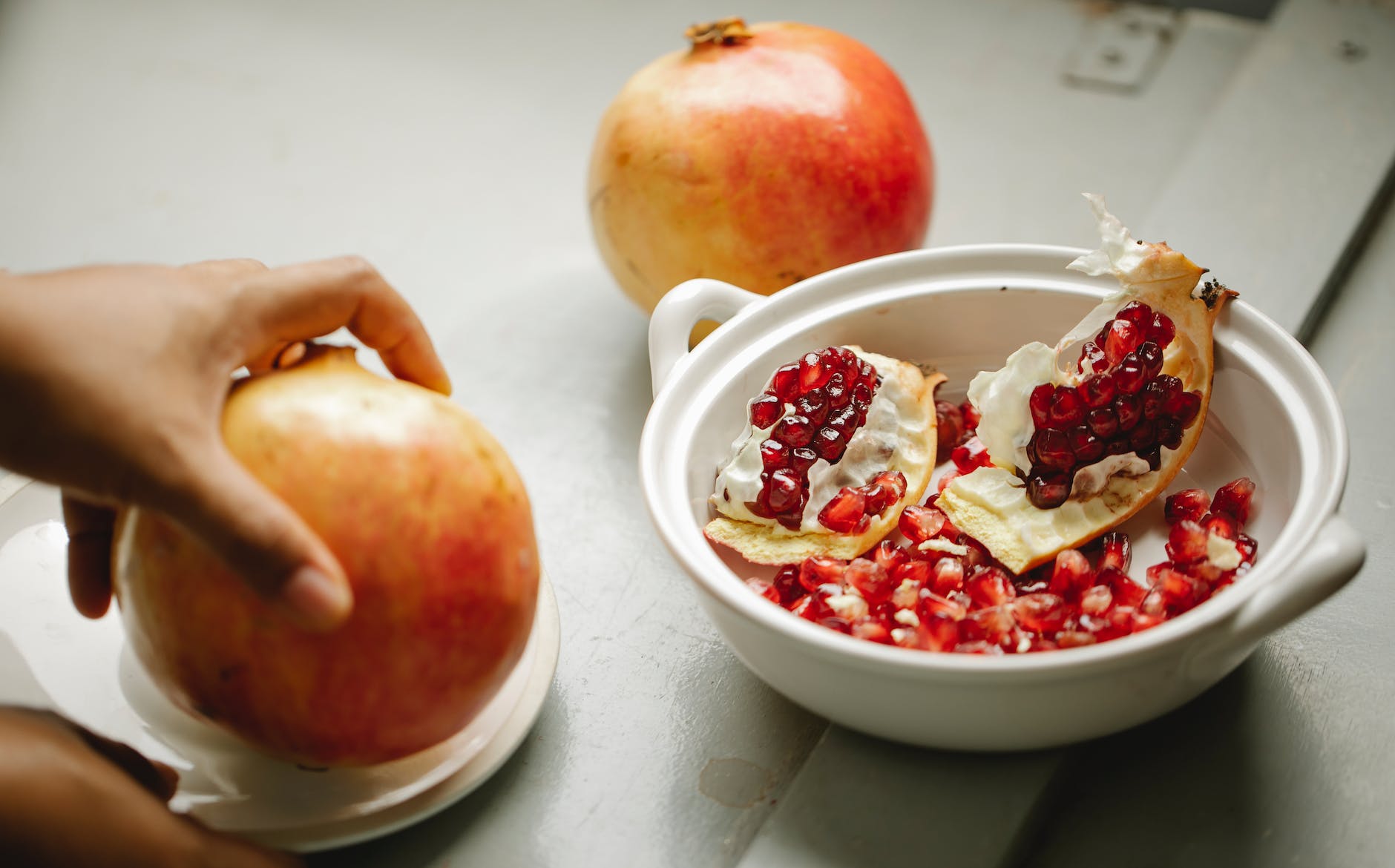Edible seeds are seeds that can be consumed as part of a healthy diet. They are rich in nutrients, including healthy fats, protein, fiber, vitamins, and minerals. Here are some common examples of edible seeds with their benefits and suggestions on how to eat them:
Chia Seeds:
Benefits: Chia seeds are rich in omega-3 fatty acids, fiber, antioxidants, and minerals. They can aid in digestion, promote satiety, and support heart health. How to Eat: Add chia seeds to smoothies, yogurt, and oatmeal, or sprinkle them on top of salads or baked goods. They can also be used to make chia pudding.

Flaxseeds: Benefits:
Flaxseeds are a great source of omega-3 fatty acids, fiber, and lignans. They can help improve heart health, regulate digestion, and support hormone balance. How to Eat: Grind flaxseeds before consuming to enhance their digestibility. Add them to smoothies, cereals, yogurt, or use them as an egg substitute in baking recipes.
Pumpkin Seeds:
Benefits: Pumpkin seeds are packed with essential nutrients like magnesium, zinc, and antioxidants. They can support immune function, promote prostate health, and provide a good source of plant-based protein. How to Eat: Enjoy pumpkin seeds as a snack on their own or roasted with spices. They can also be added to salads, trail mixes, or used as a crunchy topping for soups and roasted vegetables.
Sunflower Seeds:
Benefits: Sunflower seeds are rich in vitamin E, healthy fats, and minerals like selenium and copper. They can help boost heart health, support skin health, and provide an energy-dense snack option. How to Eat: Snack on roasted sunflower seeds, add them to granola, sprinkle them on top of salads, or use them as a garnish for baked goods.
Sesame Seeds:
Benefits: Sesame seeds are a good source of calcium, iron, and healthy fats. They can promote bone health, support blood clotting, and provide antioxidant benefits. How to Eat: Toast sesame seeds and sprinkle them over stir-fries, salads, or grain bowls. They can also be ground into tahini paste or used as a crust for fish or chicken.
Hemp Seeds:

Benefits: Hemp seeds are rich in plant-based protein, omega-3 fatty acids, and minerals. They can support muscle recovery, aid in hormonal balance, and provide anti-inflammatory properties. How to Eat: Add hemp seeds to smoothies, sprinkle them on top of yogurt or oatmeal, or incorporate them into homemade energy bars or protein balls.
Quinoa Seeds:
Benefits: Quinoa seeds are a complete protein source and provide a good amount of fiber, vitamins, and minerals. They can support muscle growth, aid in digestion, and provide sustained energy. How to Eat: Cook quinoa seeds as you would cook rice and use them as a base for salads, stir-fries, or as a side dish. They can also be ground into flour for baking.
Poppy Seeds:
Benefits: Poppy seeds are a good source of dietary fiber, minerals like calcium and iron, and essential fatty acids. They can support bone health, aid in digestion, and provide a subtle nutty flavor. How to Eat: Sprinkle poppy seeds over bread, muffins, or pastries before baking. They can also be used as a crunchy topping for salads or mixed into dressings.
Pomegranate Seeds:

Benefits: Pomegranate seeds are rich in antioxidants, vitamins, and minerals. They can support heart health, boost immunity, and provide a refreshing burst of flavor. How to Eat: Enjoy pomegranate seeds as a snack on their own or sprinkle them over salads, yogurt, or desserts for a sweet and tangy twist.
Black Sesame Seeds:
Benefits: Black sesame seeds are packed with antioxidants, healthy fats, and minerals like calcium and iron. They can support bone health, promote healthy skin and hair, and provide a nutty flavor. How to Eat: Use black sesame seeds as a garnish for sushi, sprinkle them over steamed vegetables, or incorporate them into homemade bread or crackers.
Remember to incorporate these seeds into a balanced diet and consume them in moderation. They can be a nutritious addition to meals, snacks, and recipes, providing various health benefits and adding texture and flavor to your dishes.
Edible seeds list:
- Chia Seeds
- Flaxseeds
- Pumpkin Seeds
- Sunflower Seeds
- Sesame Seeds
- Hemp Seeds
- Quinoa Seeds
- Poppy Seeds
- Pomegranate Seeds
- Black Sesame Seeds
- Watermelon Seeds
- Cumin Seeds
- Mustard Seeds
- Fenugreek Seeds
- Coriander Seeds
- Fennel Seeds
- Cardamom Seeds
- Nigella Seeds (Black Cumin)
- Amaranth Seeds
- Buckwheat Seeds
- Millet Seeds
- Safflower Seeds
- Pine Nuts
- Almonds (considered seeds of the almond tree)
- Pistachios
- Cashews
- Brazil Nuts
- Hazelnuts
- Macadamia Nuts
- Pecans
These are just a few examples of edible seeds. They can be enjoyed in various ways, including raw, roasted, ground into flour, or added to dishes like salads, smoothies, baked goods, and more. Including a variety of edible seeds in your diet can contribute to a well-rounded and nutrient-dense eating plan.


















